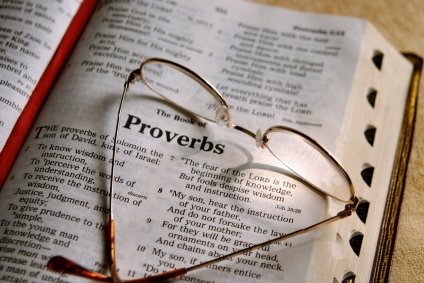
Today I am grateful to share with you these words by Garrison Keilor from his National Public Radio column, The Writer's Almanac.
It's the birthday of the founder of Methodism, John Wesley (books by this author), born in Lincolnshire, England (1703), who was saved from a fire when he was five years old, and came to believe that God had saved him for a purpose. He became an Anglican priest, and later joined a religious study group. The group was nicknamed the Methodists because of their emphasis on methodical rules of living. They prayed, and they fasted according to strict schedules.
In 1735, John Wesley came to this country. He was the priest in a settlement in Georgia, but they didn't care for his preaching and they ran him out of town. He went back to England and traveled around the backcountry on horseback, preaching to all the ordinary people he came across, through England and Scotland and Ireland, preaching 42,000 sermons along the way.
He was always a member of the Anglican Church. His only idea was to create small groups within the Anglican Church to meet for prayer and Bible study. But when Methodist missionaries traveled to the United States, their ideas took hold. Their followers considered themselves members of a new church and they appointed their own bishops and ministers and created their own laws, separate from those of the Church of England.
The Methodist Church became the church of many colonists on the frontier, and by 1850, the Methodist Church was the biggest denomination in the United States. A convert needed only to believe that Jesus Christ was the son of God and was everyone's personal savior. Methodists believe that all other questions about Christianity were up for discussion.
Methodists established more colleges, more hospitals, childcare facilities, retirement homes – more than any other Protestant denomination. William Booth, who founded the Salvation Army, was a Methodist. Methodists started Goodwill Industries in 1902. They started the Temperance movement. A Methodist founded the YMCA. They were a big part of the abolitionist movement and the anti-segregation movement.
Presidents Ulysses S. Grant, Rutherford Hayes, William McKinley, and President George W. Bush were all Methodists, as well as Barry Goldwater, Walter Mondale, George McGovern, and Hillary Clinton.





No comments:
Post a Comment